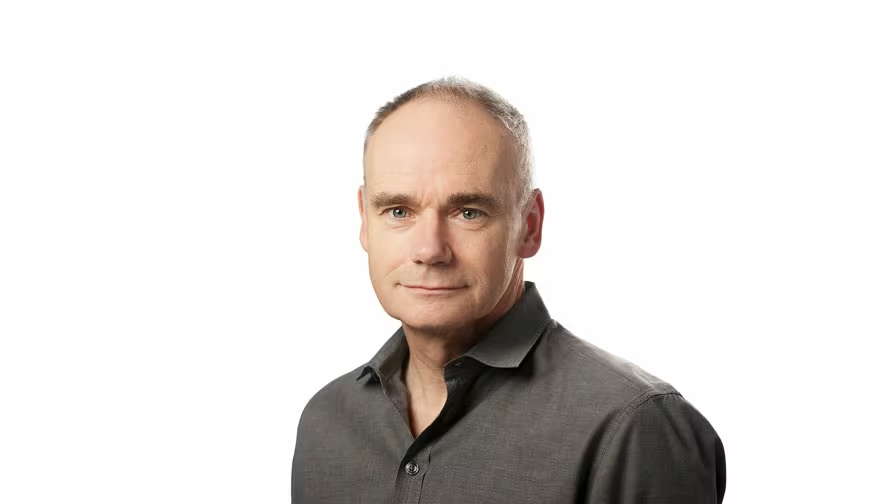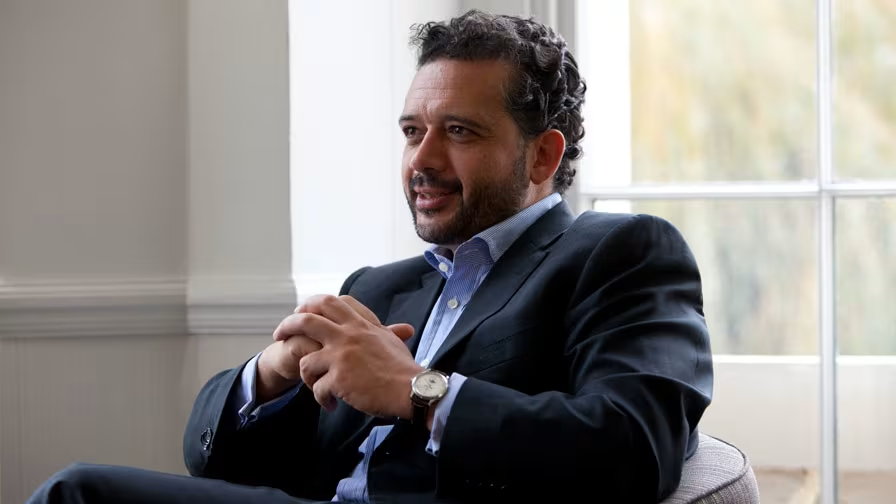
Think at London Business School
Leading digital transformation: what you must know
How can you seize the digital opportunity, harnessing the power of technology across your business while avoiding the pitfalls?
By Julian Birkinshaw
Find out morePlease enter a keyword and click the arrow to search the site
Or explore one of the areas below
Alumna Abigail Sater MBA2021 on investing with impact and why budgeting should be taught in schools

Investing has gone mainstream. No longer do potential investors need to have deep pockets and a spot on the trading floor – these days, an ISA and your phone will do.
Abigail Sater, CEO of The Big Exchange and London Business School MBA 2021, believes that a new generation of “non-traditional investors” are here to stay. The Big Exchange, an investment platform co-founded by Big Issue, allows users to invest as little as £25. “We’re letting people dip their toes in, without having to invest their life savings.”
Discover fresh perspectives and research insights from LBS
“What’s the point of trying to live more sustainably if your money is being spent on organisations that actively contribute to climate change?”
Not only do these new investors often not come from financial backgrounds, they’re also interested in funds that invest to have a positive impact on people and on the planet. For Abigail, the popularity of positive impact funds isn’t surprising. “One in three people rank sustainability as one of their top three motivations for purchasing. People are very conscious of where their money is going.” For its part, The Big Exchange offers over 60 investments rated for their positive impact on people and planet that users can choose between.
The other interesting change is that new and older generations are looking at their bank and realising that its values do not line up with their own, says Abigail. “What’s the point of trying to live more sustainably if behind the scenes your money is being used to fund organisations that actively contribute to climate change?” As customers become more aware that how they spend their money has a real impact, they’re also becoming more aware of attempts at ‘greenwashing’. “Consumers are starting to see through some of these labels. A bank might offer a ‘green’ option, but what does that really mean? You need to show people what they are actually investing in if you want them to trust you”.
According to Abigail, the biggest issue for those in favour of more ethical options is awareness. Customers may be thinking of moving away from traditional savings options, but they don’t know enough about the alternatives to make a financial commitment. “54% of people in the UK are less likely to invest sustainably because they don’t think they know enough about it,” she says.
“We’re able to tap into one of people’s most basic desires – to improve their personal financial situation, and use it for the greater good.”
And then there is jargon. In the industry, “we talk about ESG, about sustainable, about responsible, about ethical investing. “It is very positive that we are moving increasingly towards more standardised labelling of funds”. Beyond labelling, however, funds need to perform well to be successful. “It serves little purpose to allow customers to see where their money is going, if their investments are not performing well. After all, nobody is going to just donate their savings. Luckily, it’s not an either/or.” Done right, this is the real genius of the funds on The Big Exchange. “We’re able to tap into one of people’s most basic desires – to improve their personal financial situation, and do it for the greater good.”
For many, an already difficult financial situation, exacerbated by the pandemic, doesn’t look like it will be improving in the short term. “The Financial Conduct Authority found that 13.2 million people in the UK are going to struggle to make ends meet and will need support to build their financial resilience,” explains Abigail. “So many people have no savings, which means if your boiler goes, that’s it – it’s so easy to fall into a cycle of emergency loans and high interest debts.”
The Big Exchange offers help to these people, as well as to those looking to invest. “It’s just as important that we help people to get the basics right, too. In our app, we have budgeting tools, so users can start to see where their money is going.” Once they get control of their finances they can start making better decisions. For Abigail, these are basic skills. “It’s like learning to cook. So why isn’t there more financial education in schools? Why aren’t we teaching kids about how to save for a rainy day, or why payday loans are a bad idea?”

Think at London Business School
How can you seize the digital opportunity, harnessing the power of technology across your business while avoiding the pitfalls?
By Julian Birkinshaw
Find out more
Think at London Business School
John Fallon recalls the highs and lows of transforming a traditional educational publishing company into a digital-first organisation
By John Fallon
Find out more
Think at London Business School
New challenges and opportunities are hiding in plain sight. Here’s how to spot them and shape your strategy accordingly
By Michael G Jacobides
Find out more